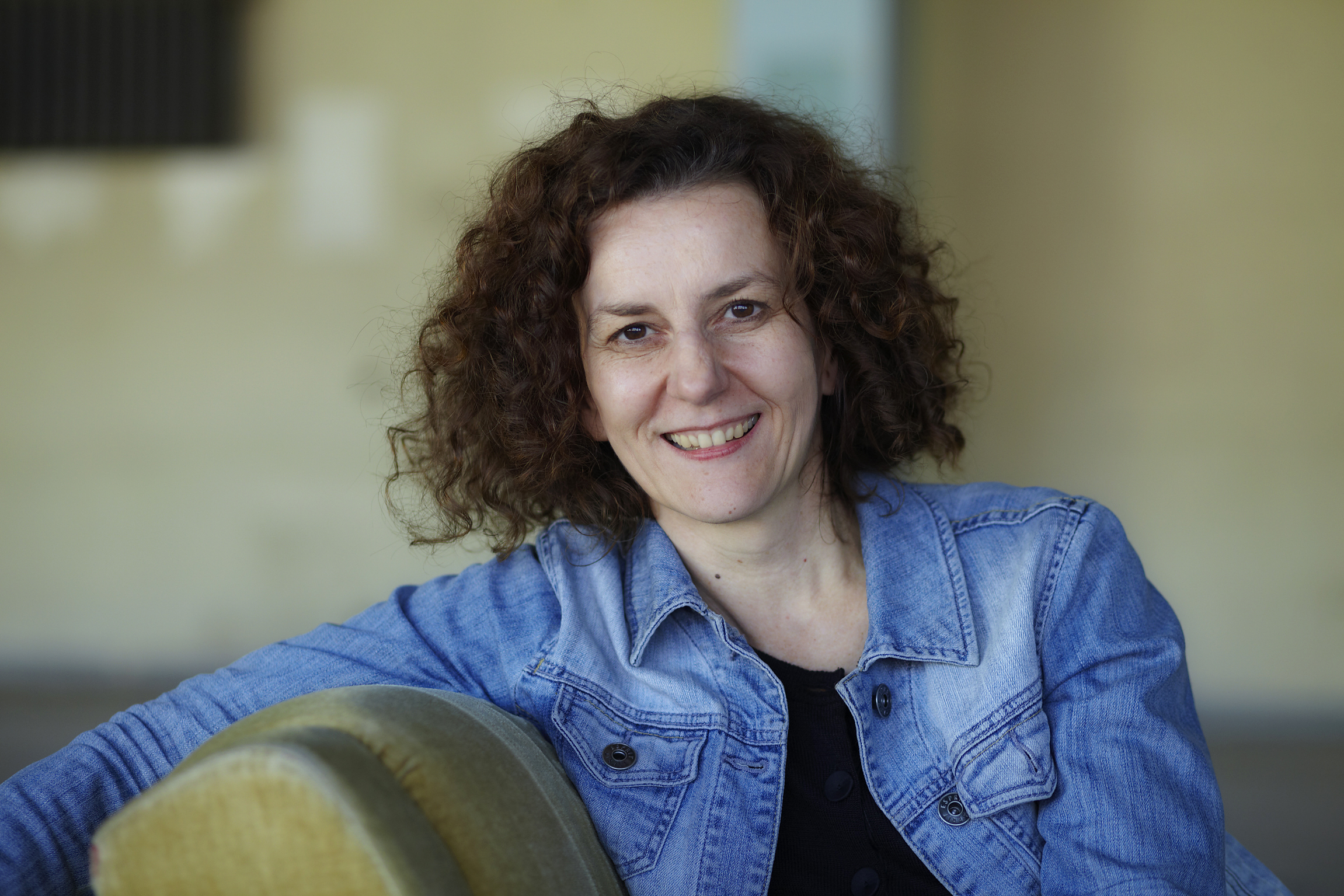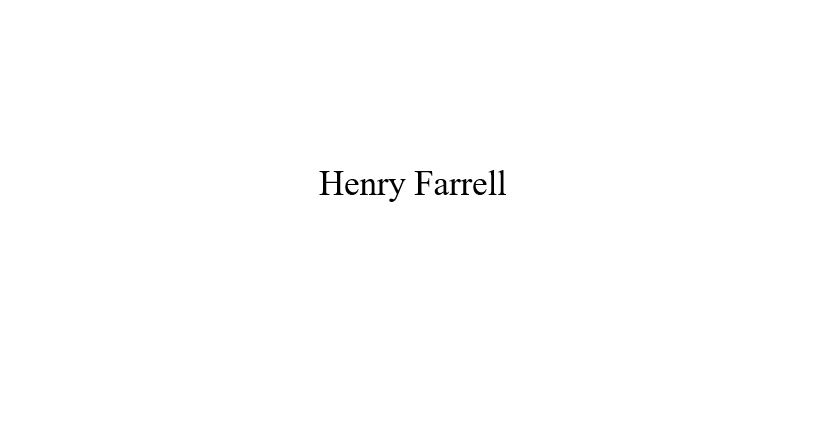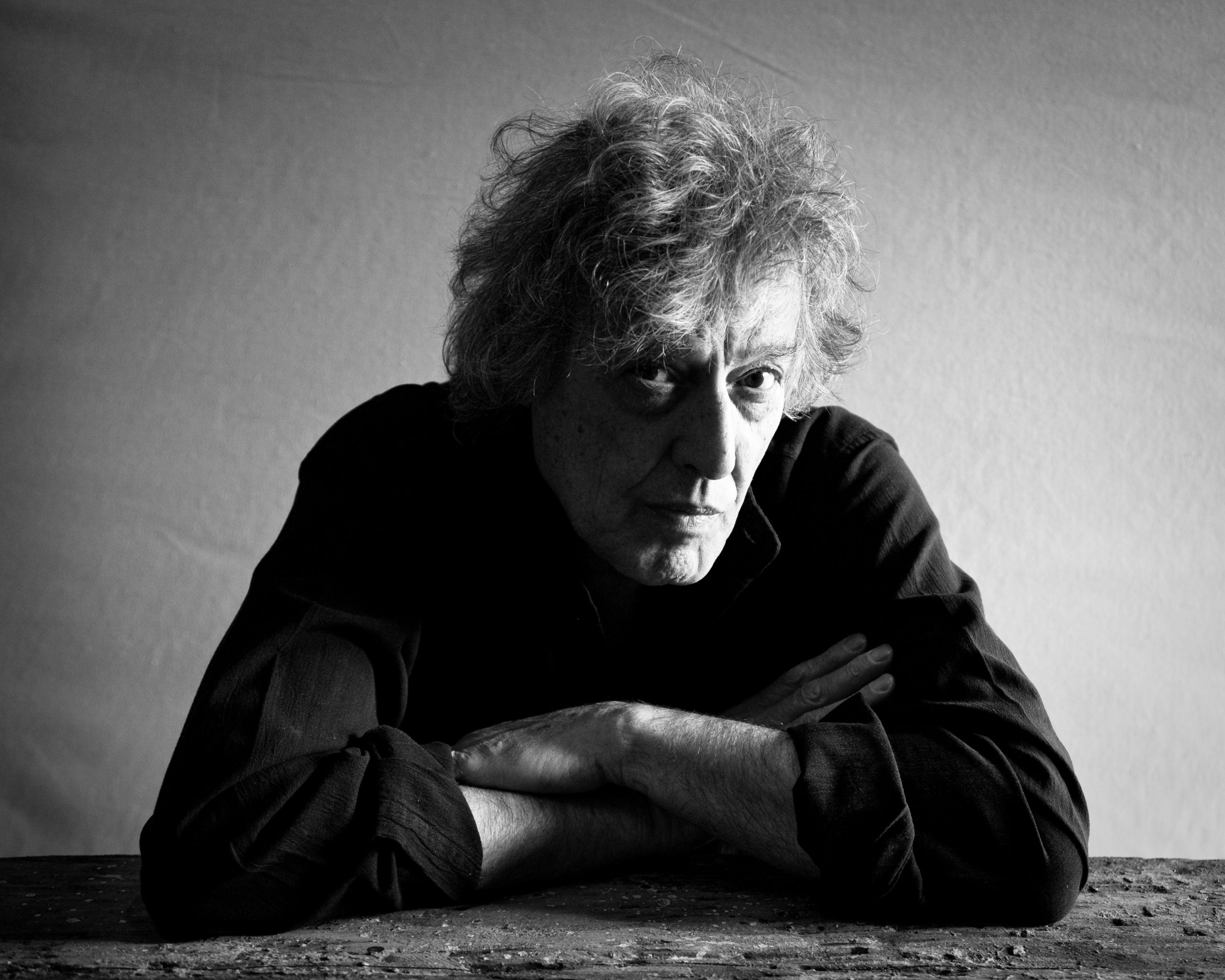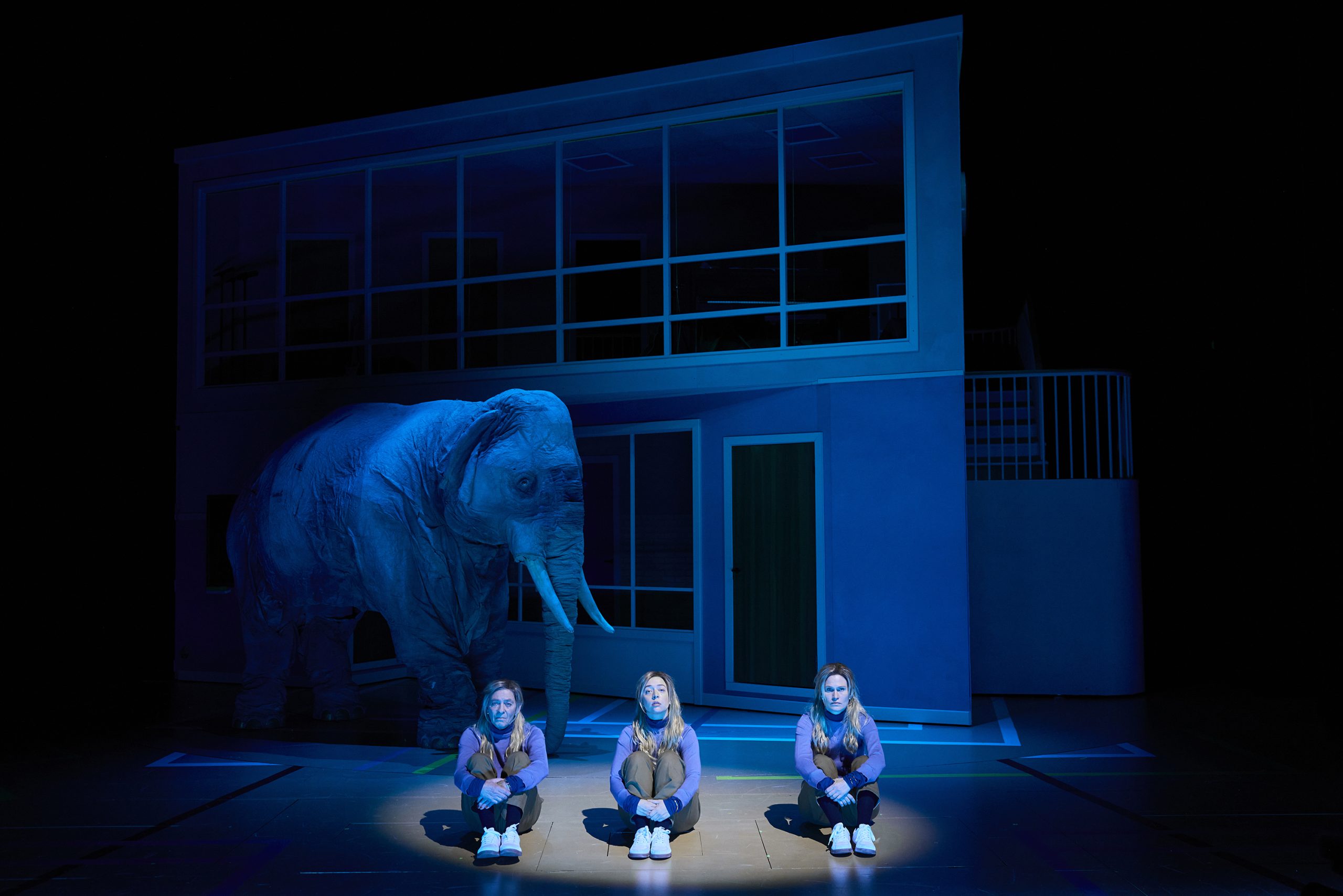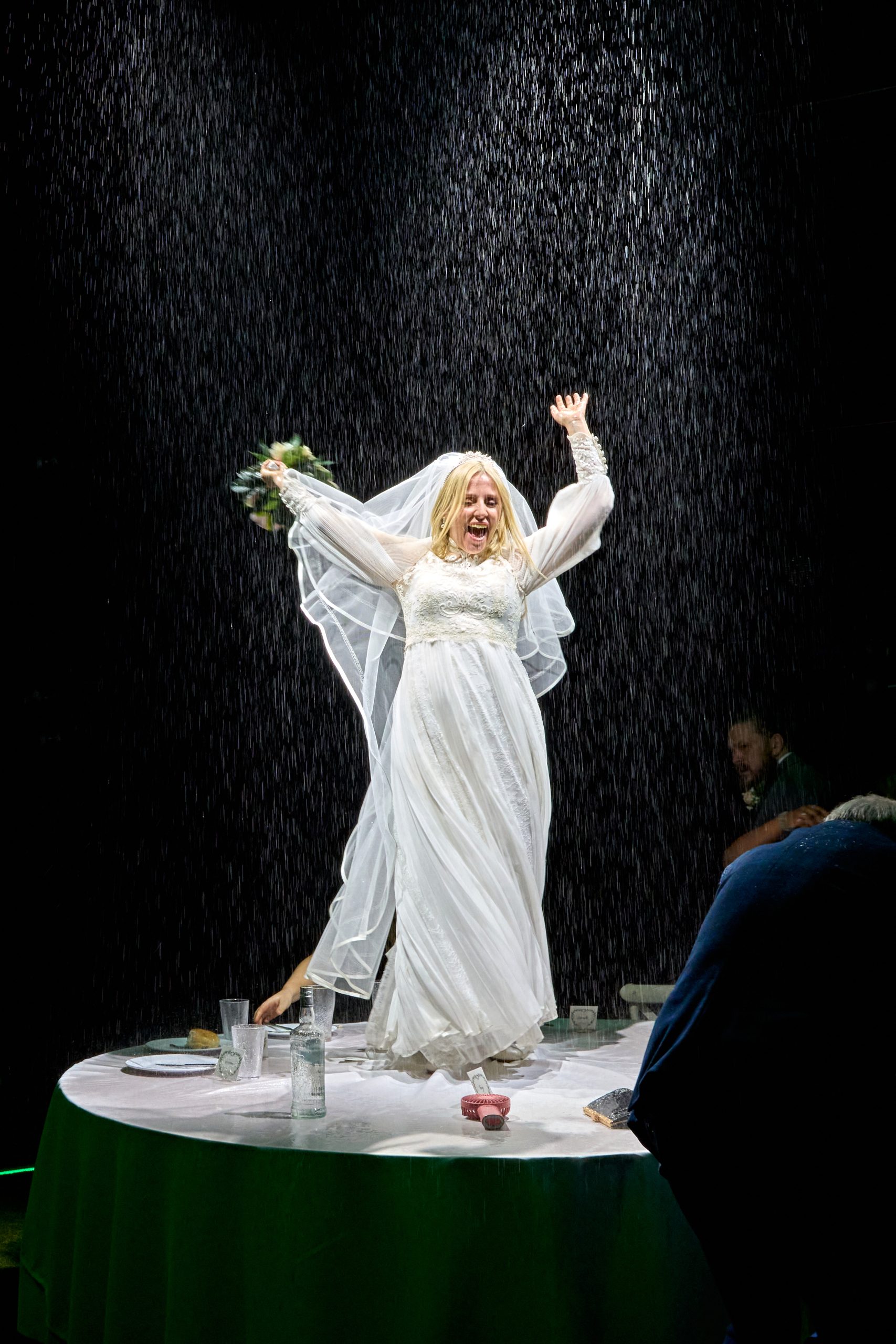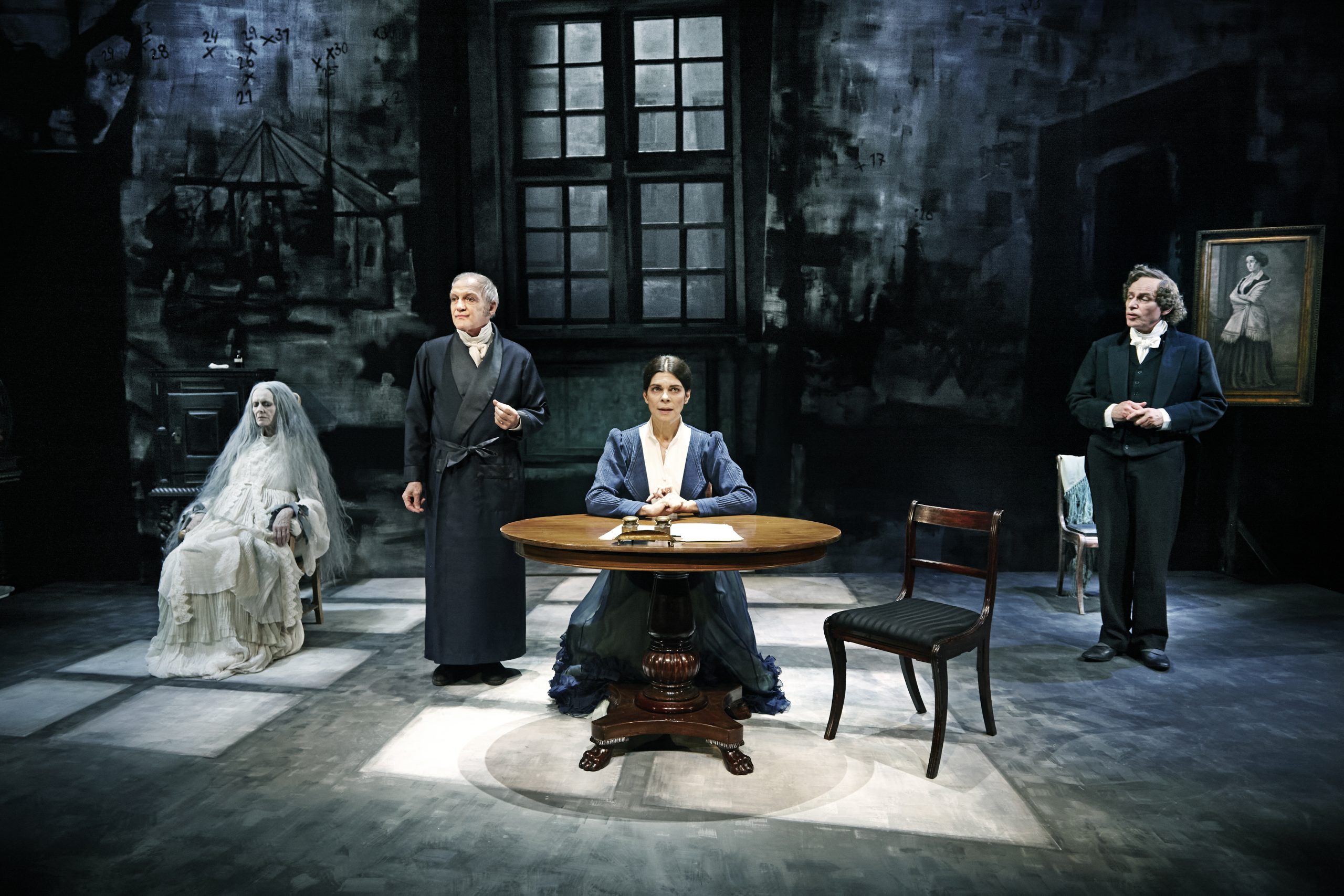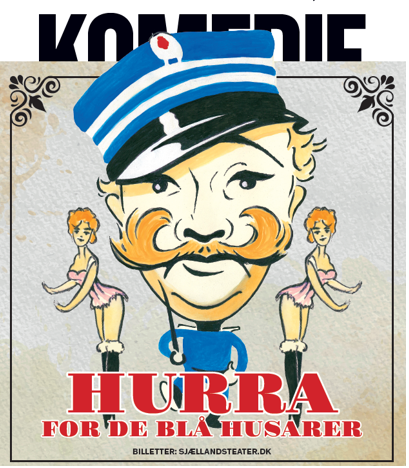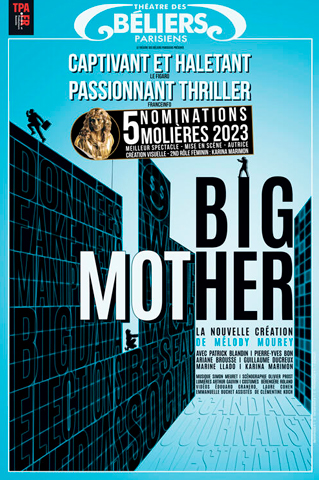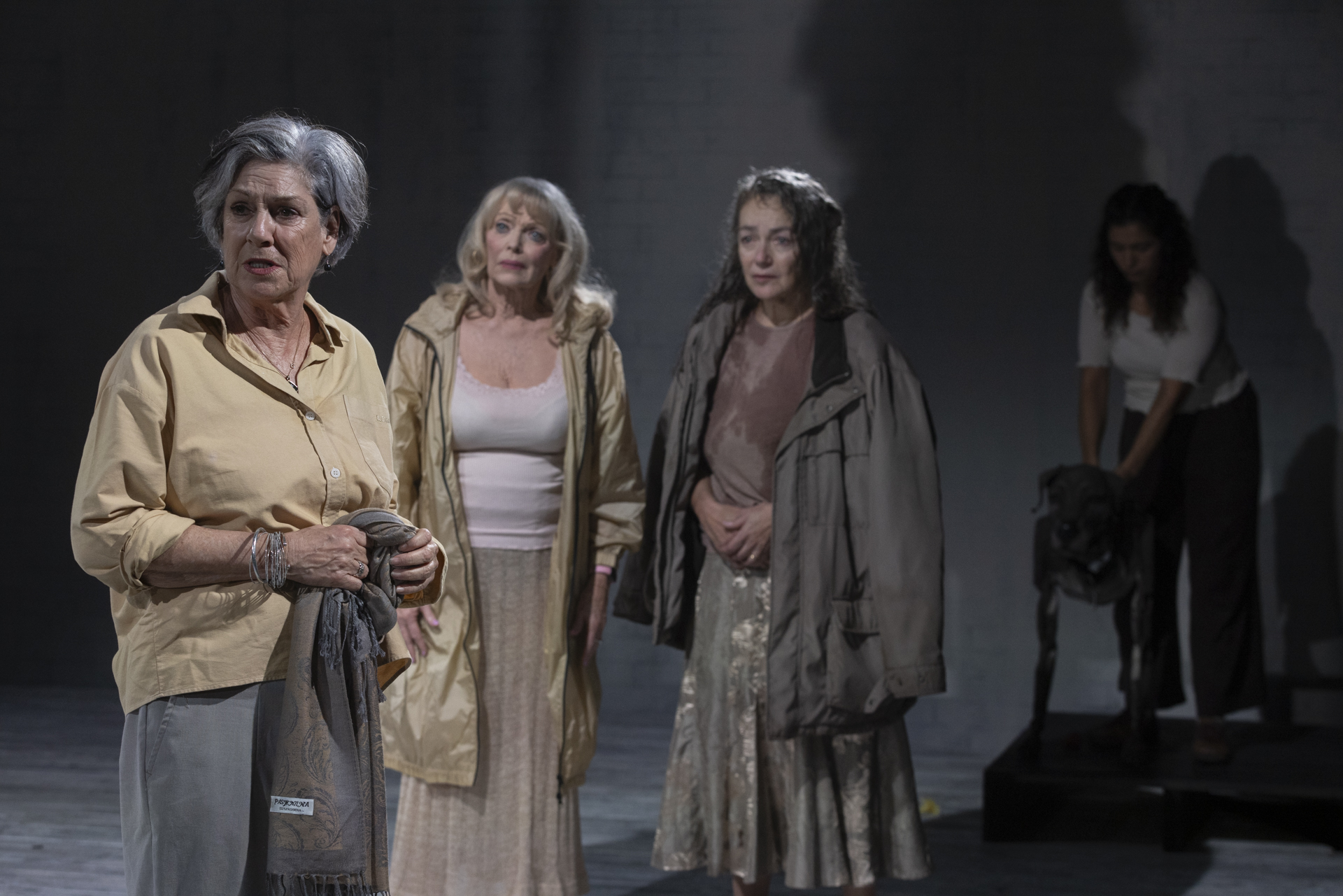Françoise Sagan (1935-2004) was a French novelist, playwright, and screenwriter, whose dispassionate portrayals of bored, amoral middle-class people have been translated into many languages. Sagan published her first novel, BONJOUR TRITESSE (1954), at the age of 19. It was a succes de scandale for its depiction of a young woman breaking up her father's affair. Françoise Sagan was born in the village of Cajarc, in southwestern France, into a well-to-do family. Sagan was educated at convent schools and attended the University of Sorbonne. In 1953 she spent several weeks during the summer writing her first novel, BONJOUR TRITESSE. The story of Cécile's first love affair was an immediate bestseller, and made its author famous in France and abroad. In 1957 her fondness of fast cars led to an accident in which she almost killed herself. She also became known for her drinking and gambling. "I shall live badly if I do not write, and I shall write badly if I do not live," she had been quoted as saying. After the novel Sagan became a spokesperson of disillusioned youth. Her style is classically cool, restrained and austere. Like in the works of Jean-Paul Sartre and Simone de Beauvoir, Sagan's lonely characters are disappointed in personal relationships, and try to fill the passage of time with the pursuit of pleasure. In the 1960s Sagan turned from novels to plays, proving her talent for writing witty dialogue. Her first plays were CASTLE IN SWEDEN (1960) and VIOLINS SOMETIMES (1961). After THE PURPLE DRESS OF VALENTINE (1963) Sagan wrote HAPPINESS, ODD AND PASS (1964





